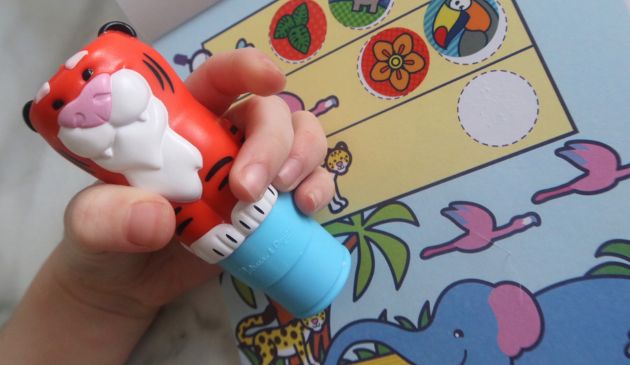
How To Improve Your Financial Health

This is a collaborative post
Personal finance is the way you manage your money and plan for the future. Your financial health is affected by all of your financial decisions and behaviours. It’s always a good idea to think about what we should be doing in general to enhance our financial health and habits. Here, we’ll go over five general personal finance rules that will help you start on track to reach any financial goals you have.
Calculate Your Net Worth and Personal Budget
Money comes in and money leaves. For many people, this is as far as their awareness of personal finances goes. Rather than neglecting your finances and leaving them to chance, a little number crunching can assist you in evaluating your present financial health and determining how to achieve your short- and long-term financial goals.
As a starting point, determine your net worth—the difference between what you own and what you owe. Begin by establishing a list of your assets (what you possess) and liabilities (what you owe) (what you owe). Then, remove the liabilities from the assets to determine your net worth.
Creating a personal budget or spending plan is also essential. A personal budget, whether created monthly or annually, is an important financial tool because it can help you plan for future costs, limit excessive spending, save for future goals, and prioritise where you put your money.
Subtract your expenses from your income after you’ve completed the necessary predictions. If you have money left over, you have a surplus, and you can choose whether to spend it, store it, or invest it. If your spending surpasses your income, you must change your budget by either raising your income (working more hours or taking on a second job) or decreasing your expenses. If it is too far gone you may look at IVA help.
Identify and Control Lifestyle Inflation
Most people will spend more money if they have more money. As people advance in their jobs and earn better salaries, they tend to spend more, a phenomenon known as “lifestyle inflation.”
Even if you can pay your payments, lifestyle inflation can be detrimental in the long run since it inhibits your potential to accumulate wealth. Every dollar you spend now equals less money later and during retirement, and having more disposable income today does not ensure having more money afterwards.
Recognize Needs vs. Wants—and Spend With Caution
It’s in your best interest to understand the distinction between “needs” and “wants.” Food, shelter, healthcare, transportation, and a reasonable amount of clothing are examples of necessities. It’s also crucial to set aside money for savings each month, albeit this is far more dependent on your other demands being addressed first.
Wants, on the other hand, are items you’d want to have but don’t need for survival. These expenditures may be so ingrained in our daily lives that they appear to be necessities. Wants are non-essential products, such as a streaming subscription that isn’t vital for survival or foregoing a morning treat that has become part of your daily routine.


















































